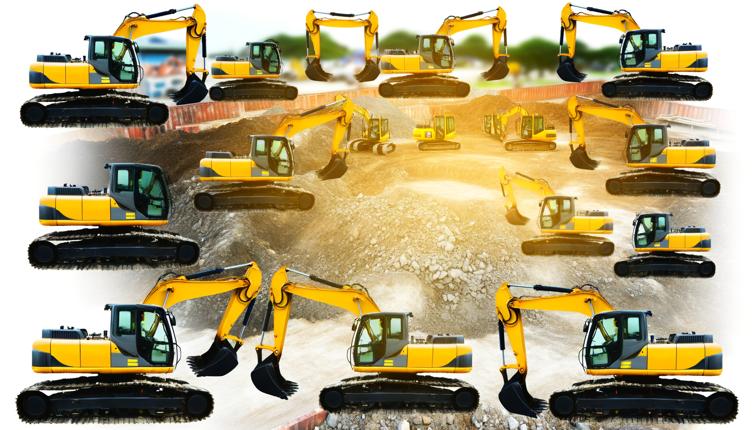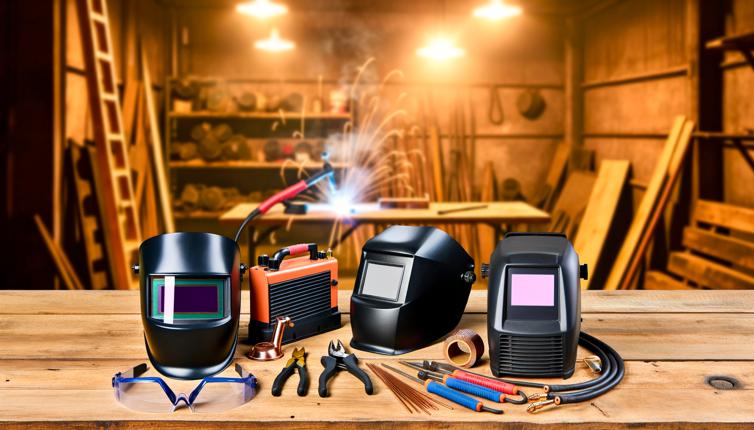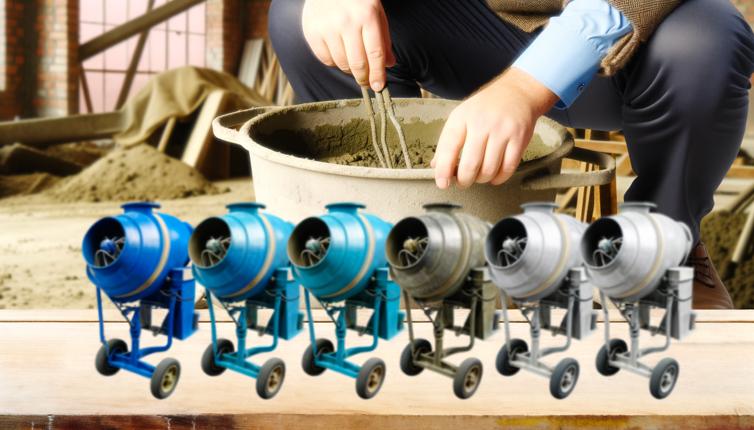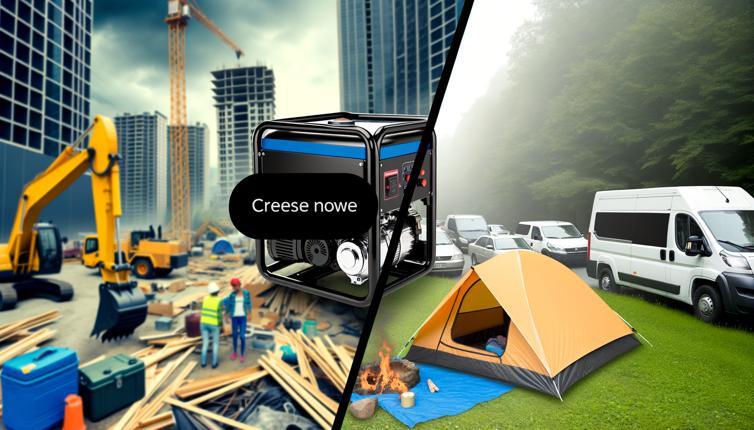Understanding Your Project Requirements
The first step in choosing the right excavator is to understand your project requirements. Consider the size of the project, the type of material you will be excavating, and any specific features or attachments that you may need.,Evaluate the depth and reach requirements of your project. This will help you determine the size of the excavator you need. For smaller projects, a mini excavator may be sufficient, while larger projects may require a standard or heavy-duty excavator.,Think about the type of material you will be excavating. Soft materials like soil may require a different type of excavator compared to hard materials like rock or concrete. Consider the bucket capacity and digging force required for your specific material.,Identify any specific features or attachments that you may need for your project. This could include a hydraulic hammer for breaking concrete, a grapple for handling logs or debris, or a tiltrotator for precise digging and grading.,By understanding your project requirements, you can narrow down your options and choose an excavator that is tailored to your specific needs.
Researching Excavator Types and Sizes
Once you have a clear understanding of your project requirements, it's time to research different types and sizes of excavators. There are several factors to consider in this process:,Consider the type of excavator that will best suit your project. The most common types include mini excavators, crawler excavators, and wheel excavators. Each type has its own advantages and limitations, so it's important to choose the one that aligns with your project requirements.,Evaluate the size of the excavator in terms of weight and dimensions. This will depend on the accessibility of your project site and any weight restrictions you may have. Consider the stability, maneuverability, and transportability of the excavator.,Take into account the engine power and fuel efficiency of the excavator. A more powerful engine may be required for larger projects or for working with hard materials. However, it's important to find a balance between power and fuel consumption to keep your project costs in check.,Research the reputation and reliability of different excavator brands and models. Look for reviews, ratings, and feedback from other customers to get an idea of their performance and durability.,By conducting thorough research, you can make an informed decision and choose an excavator that meets your project requirements and offers good value for money.
Considering Your Budget and Long-Term Costs
Budget is an important factor to consider when choosing an excavator for your project. Take into account both the upfront cost and the long-term costs associated with owning and operating the machine.,Compare the prices of different excavator models and brands. Keep in mind that higher quality and reliability may come at a higher price. Consider your budget constraints and prioritize the features and specifications that are most important for your project.,Think about the long-term costs of owning an excavator. This includes maintenance, repairs, fuel consumption, and depreciation. Choose a model that is known for its durability and requires minimal maintenance to keep your costs under control.,Evaluate the resale value of the excavator. While it may not seem relevant at the beginning of your project, it's important to think about the long-term investment. Choosing a reputable brand with good resale value can provide a return on your investment in the future.,By considering your budget and long-term costs, you can make a financially sound decision and choose an excavator that fits within your constraints.
Conclusion
Choosing the right excavator is crucial for the success of your project. By understanding your project requirements, researching different types and sizes of excavators, and considering your budget and long-term costs, you can make an informed decision and select the excavator that is best suited for your needs. Remember to always prioritize safety and quality when choosing an excavator for your project.









